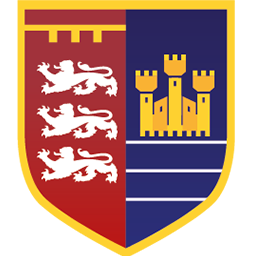Social Science
'Without language, one cannot talk to people and understand them; one cannot share their hopes and aspirations, grasp their history, appreciate their poetry or savour their songs.'
Nelson Mandela
Curriculum Intent
We believe all students deserve an Ethics and Character curriculum that is ambitious and rich in knowledge. In line with the Trusts vision, we want all young people to ‘make outstanding progress’ through an E&C curriculum that aims to equip students to understand the complexity of people’s lives, the process of change, the diversity of societies and the relationships between different groups, as well as the significance of events throughout society so students appreciate the society we live in, the different beliefs of the many people and what constitutes wellbeing.
Careful consideration has been, and continues to be, put into developing the E&C curriculum; the curriculum is taught with five themes in mind (Belief, Relationships, Health and Wellbeing, Citizenship & Morality and Ethics) because we feel this is integral to building students understanding of themselves and the world that they live in. The curriculum spirals and is planned and sequenced so that new component knowledge and skills build on what has been previously taught.
Students will be taught units of work that cover and go beyond the requirements of the national curriculum, and this should enable students to become more rounded individuals that are aware of their identity, the beliefs of others and what makes a global citizen.
- Understand what constitutes mental wellbeing and the strategies that can be used.
- Study the difference and similarities between religions.
- Assess the impact of religious thought on individuals and communities
- Be exposed to a high level of philosophical vocabulary
- Learn to interpret a broad range of sources including visual sources and fake news
- Be exposed to different peoples’ perspectives on issues and events
- Develop an understanding of how to apply and write about ethical concepts such as morality, religious differences and diversity
- Challenge received wisdom about current issues
- Develop confidence in orating and debating topical issues and evaluate different religious/non-religious interpretations.
Ethics and Character has an important role in developing students’ cultural capital. Studying ethics and PSHCE helps shape students’ sense of identity by giving them an opportunity to understand and discuss their own and others’ roles in the society we live.
Some examples of key issues that are discussed are: radicalisation, gang crime, the effects of World War 2, gender identity and bullying/discrimination.
Curriculum Content
Each department has carefully developed curriculum plans in line with our curriculum intent. The curriculum overview for each year group in this subject can be found below.


